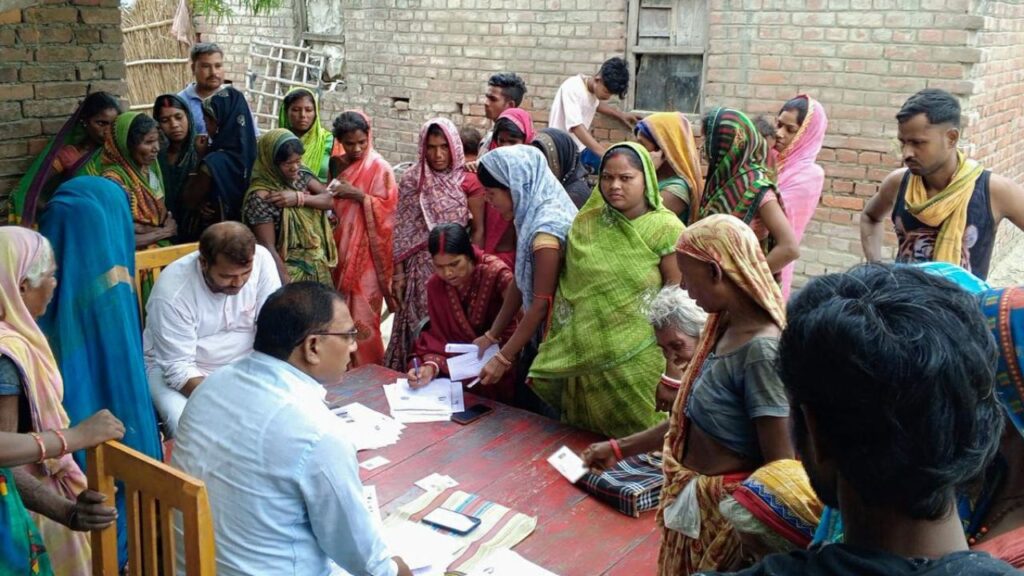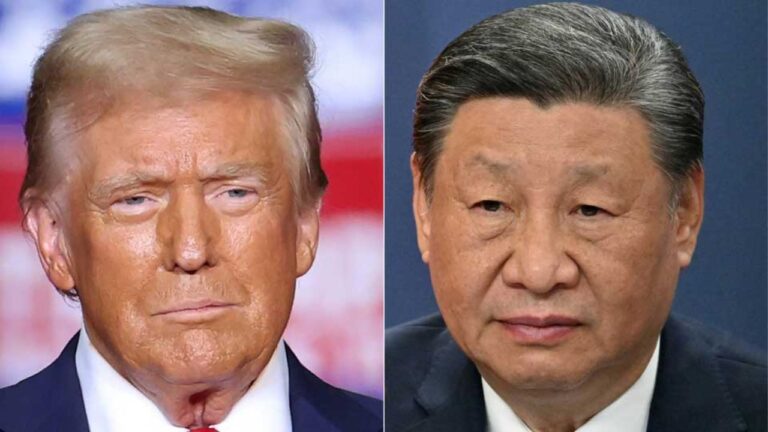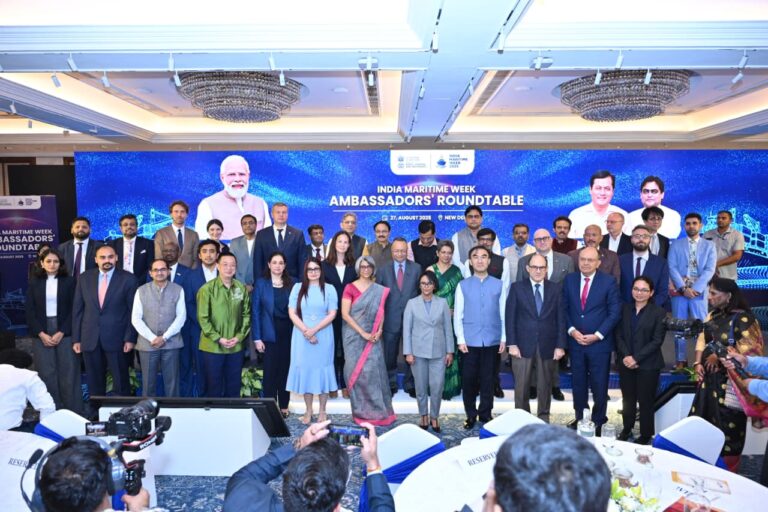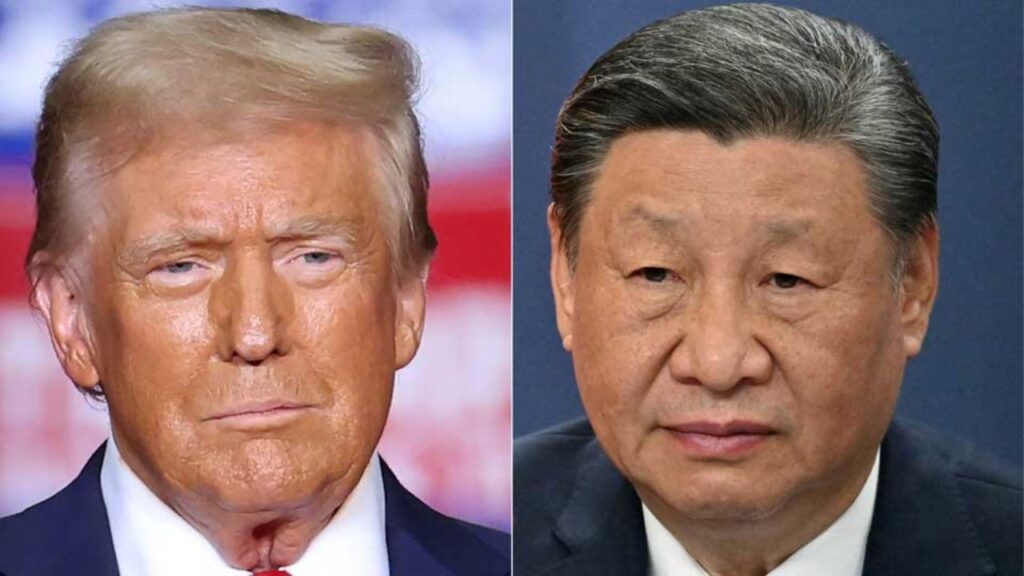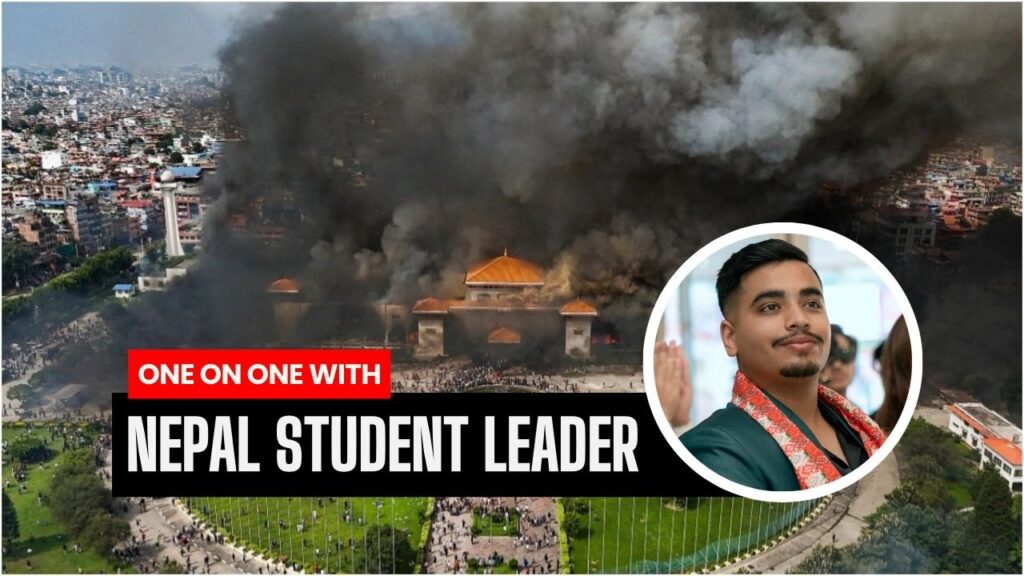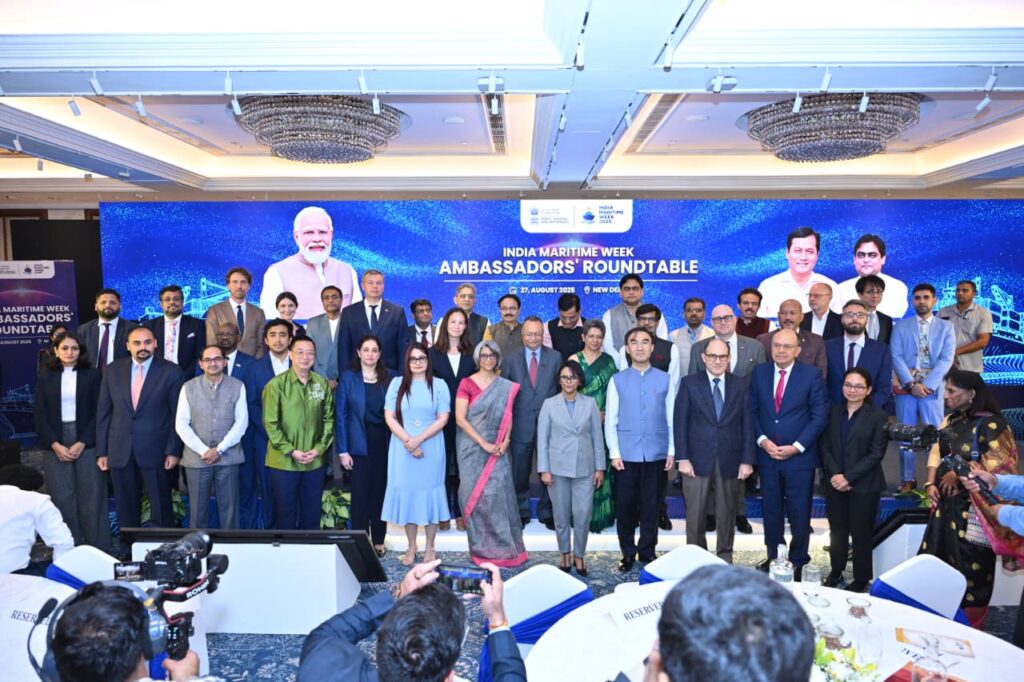India’s democracy thrives on the principle that every citizen’s vote counts, but the recent Special Intensive Revision (SIR) of Bihar’s electoral rolls has raised critical questions about inclusion and transparency. The Election Commission of India (ECI) has released a draft voter list, registering 7.24 crore voters in Bihar while removing 65 lakh names, which is approximately 9 percent of the electorate.
These deletions include 22 lakh deceased voters, 36 lakh individuals identified as permanent migrants now residing outside Bihar, and 7 lakh duplicate entries across constituencies. While these numbers reflect an effort to maintain an accurate voter database, they also represent millions of individuals whose right to participate in democracy may have been inadvertently compromised, sparking concerns about fairness and access in the electoral process.
The Supreme Court of India has responded decisively to this large-scale revision, affirming the ECI’s authority to conduct the SIR while emphasizing the need for absolute transparency. The court has mandated that the ECI publish the full list of deleted voters, including specific reasons for each deletion, on the official websites of Chief Electoral Officers and District Electoral Officers.
These records must be searchable using Electors Photo Identity Card (EPIC) numbers, ensuring voters can easily verify their status. This directive addresses a significant flaw in the earlier process, where deletion details were shared only with booth-level officers and political parties, leaving affected voters with limited recourse or information. By making this data publicly accessible, the court aims to empower citizens and restore confidence in the system.
Recognising the challenges of voter verification in a state like Bihar, where over 90 percent of the population holds Aadhaar cards, the Supreme Court has directed the ECI to accept Aadhaar as a primary identification document for those seeking reinstatement on the voter rolls. This decision streamlines the process, reducing bureaucratic hurdles for individuals who may lack alternative forms of identification.
It also reflects a pragmatic approach to ensuring inclusion, particularly for marginalized communities that rely on these documents to access civic rights. The court’s focus on accessibility underscores its commitment to safeguarding the fundamental right to vote for every eligible citizen.
Given Bihar’s largely rural population, which is approximately 89 percent, the Supreme Court has also emphasized the importance of effective communication to reach affected voters. The ECI has been instructed to publish notices in local newspapers, broadcast announcements on radio and television, and display information at local government offices in simple, vernacular languages.
These measures aim to bridge the gap between administrative processes and rural communities, many of whom may lack access to digital platforms or face literacy barriers. By prioritizing outreach, the court ensures that voters are not only informed of their deletion but also equipped with clear steps to rectify it, fostering a more inclusive electoral environment.
The scale of the deletions has fueled political skepticism, with concerns about the fairness of the revision process. The ECI has acknowledged that disputes over electoral rolls, much like those surrounding Electronic Voting Machines, often stem from perceptions of bias or opacity. The Supreme Court’s insistence on transparency seeks to address these concerns by making the process open and accountable.
By requiring detailed public disclosure and accessible rectification pathways, the court aims to dispel doubts and ensure that the electoral system serves all citizens equitably, regardless of political narratives or administrative challenges.
The Bihar voter roll revision highlights a broader truth about India’s democracy: data management must prioritize inclusion over exclusion. When millions face potential disenfranchisement, the stakes extend beyond statistics to the very essence of democratic trust.
The Supreme Court’s directives: transparency in deletions, simplified identity verification, and robust public outreach, represent a concerted effort to protect voter rights and rebuild confidence. As India navigates its complex electoral landscape, the handling of voter data with fairness, clarity, and respect for every citizen will determine the strength of its democratic foundation.

